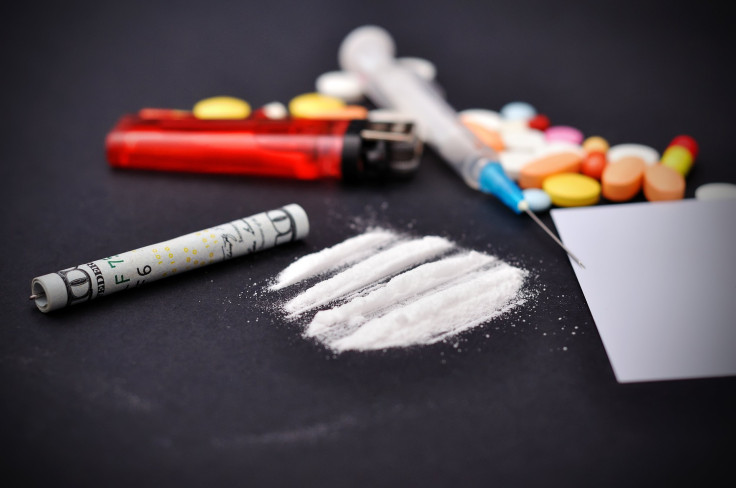Former Drug Addicts Face Lower Risk For New Temptations Than General Population

Addiction is one of the hardest things for a person to overcome, which is why relapse rates are so high. Once off drugs, it’s often hard for individuals to become readjusted to life, and in many cases depression follows. A recent study from Columbia University Medical Center in New York has given recovering addicts a bit of good news: People who manage to get clean after being addicted to drugs are at a lower risk of becoming addicted to something else in the future.
I’m sure you’ve heard the phrase, “I just have an addictive personality.” It’s said mostly by people who do not actually suffer from any addictions and is built largely on the misconception that those who have addictions are helpless to become addictive to various substances throughout their lives. Researchers at Columbia University suspected this to be untrue and their suspicions were proven true with their most recent study.
“While it would be foolish to assume that people who quit one drug have no risk of becoming addicted to another drug, the new results should give encouragement to people who succeed in overcoming an addiction,” senior author Dr. Mark Olfson told Business Insider.
Using nationally representative data from surveys in 2001 and 2004, the researchers were able to compare the occurrence of a new substance addiction among adults who started out with at least one substance addiction, Business Insider reported. The participants’ initial addiction ranged from sedatives and painkillers, to heroin and alcohol. Of the 35,000 adults who participated in the interviews, 3,275 admitted to suffering from at least one addiction at the initial interview.
In the follow-up interview three years later, about 20 percent had developed a new substance addiction. However, this number also included the 27 percent of participants who have never originally gotten clean from their original addiction compared with only 13 percent of those who had. These results led the researchers to conclude that addicts who are able to fully recover from their addiction are about half as likely to develop a new addiction as those who hadn’t.
Olaya García-Rodríguez, a professor in the department of Psychology at the University of Oviedo in Spain offered Business Insider a plausible explanation to these somewhat surprising results. “To achieve remission, most individuals need to make changes in their lifestyle and learn strategies to avoid substance use that will eventually protect against the onset of new addictions,” García-Rodríguez explained.
These purposely made lifestyle changes, such as obtaining new friend groups and improving family relations, may act as an extra defense to protect the individual from once again giving into addiction.” Leonard told ABC 6/FOX 28 at an Ohio Recovery Rally on Sept. 16 it gave rare insight into the everyday struggles of life after addiction, which seemed to fit well with García-Rodríguez’s hypothesis. "In my first year of sobriety, I had my temptations, but I've learned I have a choice."
Source: Olfson M, Blanco C, Okuda M, Wang S, Lui SM. Testing the Drug Substitution Switching –Addictions Hypothesis. JAMA Psychiatry. 2014.
Published by Medicaldaily.com



























